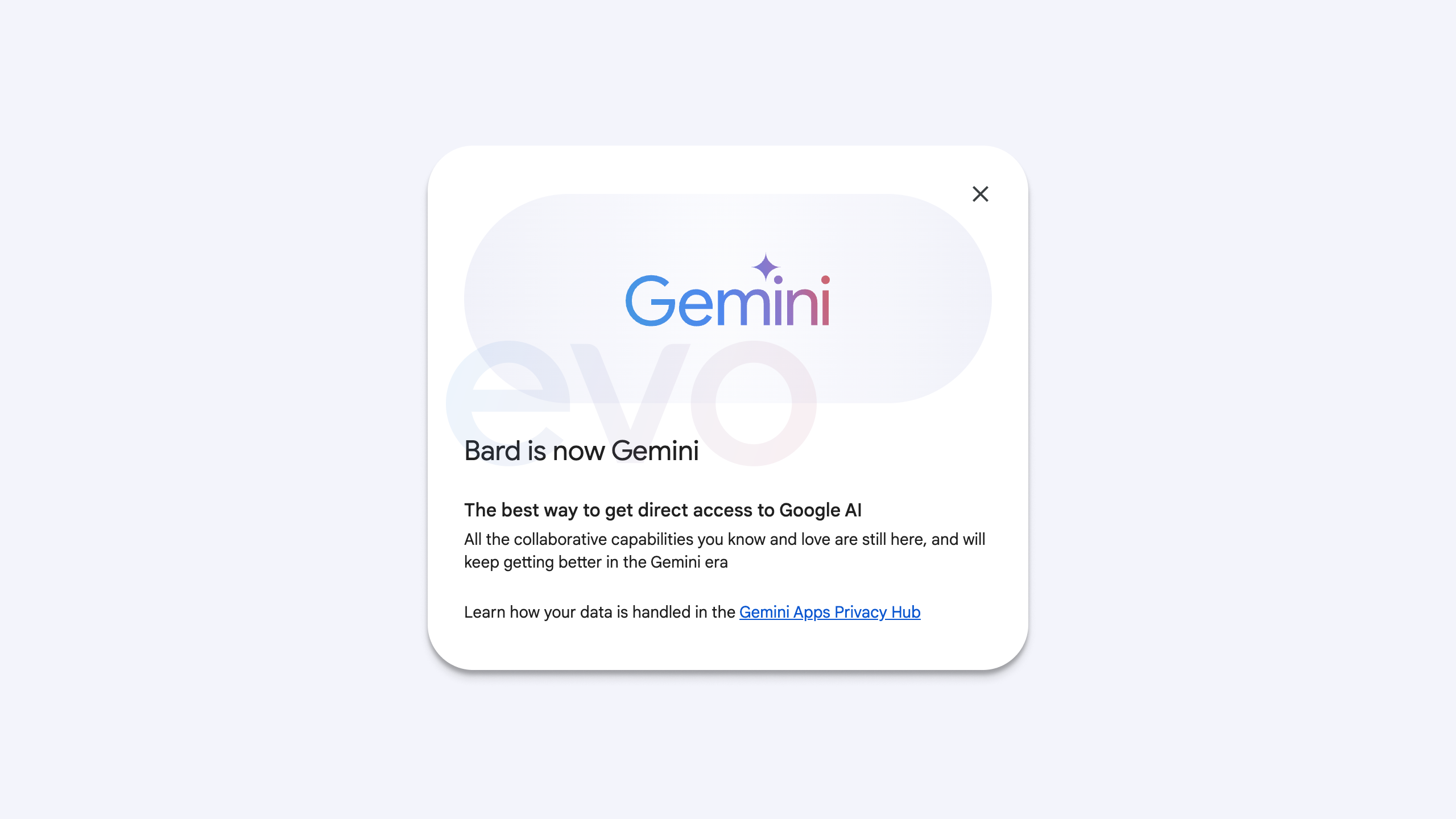In a recent development, tech giant Google has decided to rebrand its virtual assistant service, Bard, to Gemini. This change is part of Google’s ongoing effort to consolidate its various features under a unified service, as highlighted during the Pixel 8 event last year. The decision to rename Bard to Gemini has already been reflected not only in mobile devices but also on the web version of the service.
Users have begun noticing the transformation as the web page now explicitly states, “Bard is now Gemini.” This shift is indicative of Google’s commitment to streamlining its services and could potentially extend to other iterations such as Bard Advanced becoming Gemini Advanced in the future. Despite the inevitability of such changes, the rebranding of Bard marks another instance in Google’s history of altering or discontinuing its products.
Google’s history of renaming and revamping
Google has earned a reputation for its dynamic approach to product development, often leading to renaming or discontinuation of services. This move to rebrand Bard aligns with the company’s broader strategy of simplifying its product ecosystem. While the renaming may not be as drastic as some other industry shifts, it underscores Google’s proactive stance in adapting to market trends and user preferences.
Strategic implications of the Gemini transition
The decision to rename Bard as Gemini may raise questions among users regarding the motive behind the change. One plausible rationale could be Google’s desire to avoid confusion among consumers by consolidating its AI-related products. The renaming of Bard to Gemini aligns with a broader strategy that includes services like Lumiere, suggesting Google’s willingness to refine its product portfolio.
It’s important to note that, as of now, the transition is not yet complete, and users can expect a gradual revamping of the service in the coming months. Google’s historical pattern suggests that official confirmations or detailed explanations for such changes may not be immediately forthcoming. However, users should be prepared for a seamless integration of Bard into the Gemini framework.
User sentiment and speculation
While the renaming may not impact the functionality of the virtual assistant, it has sparked discussions and speculations among users. Google users have become accustomed to the company’s propensity for renaming or discontinuing services, and the shift from Bard to Gemini is seen as another chapter in this ongoing narrative. The lack of an official explanation from Google leaves room for speculation, but users are advised to stay tuned for any updates regarding the transition.
Google’s decision to rename Bard to Gemini is a strategic move aimed at consolidating its virtual assistant services. The shift aligns with the company’s overarching goal of simplifying its product ecosystem and creating a unified experience for users. While users may express sentiments of attachment to the familiar “Bard” moniker, the transition is part of Google’s larger strategy to streamline and enhance its AI-related offerings.
As the rebranding is not an instantaneous process, users can anticipate a gradual transformation of Bard into Gemini across various devices and services. The lack of detailed explanations from Google regarding the rationale behind this change leaves room for speculation, but the company’s historical pattern of adapting to market dynamics suggests a calculated approach to product evolution.





